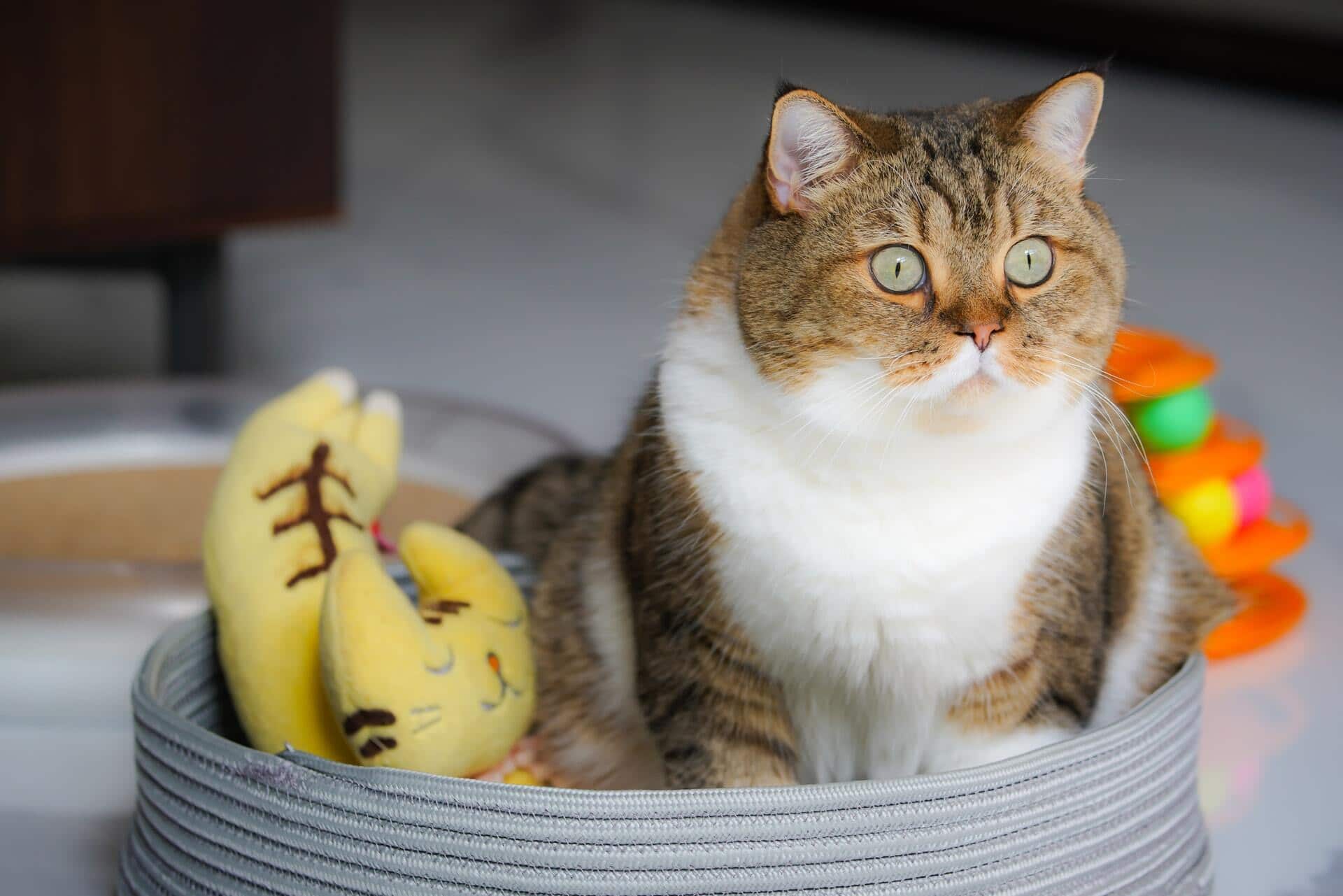Vomiting is a common issue with cats. Most cat owners have dealt with this problem at some point in time. The causes behind it may be anything from health issues to food allergies or eating habits. Generally, it isn’t a reason to worry if the vomiting stops in a day or two. However, vomiting undigested food very often can hint at health problems in your cat. Seek consultation with the vet when you find your cat throwing up quite frequently. In the article, we will explore the possible causes of vomiting in cats and discuss when it is considered severe enough to seek medical attention.
Types of Vomiting
Veterinarians distinguish cat vomiting based on frequency and intensity. It means that vomiting in cats can be of two types, depending on how frequently it happens and in what volume. One is Acute Vomiting and the other one is Chronic Vomiting.
Acute Vomiting is a sudden bout of vomiting that goes on for one or two days without further symptoms like stomach pain, loose stool, constipation, fatigue, etc. Chronic cat vomiting refers to continuous vomiting for more than two days, with other symptoms like pain, stomach upset, loss of appetite, extreme fatigue. Veterinarians also diagnose cats based on what the vomit looks like. It helps to determine the cause behind it:
- Yellow vomit: If the cat vomit has a yellowish colour, it is a sign of a liver problem in your cat, and there is probably bile in the vomit.
- Clear vomit and white, foamy vomit: If the vomit is white and foamy, your cat may be bringing up swallowed food to the mouth and throwing up.
- Blood in the vomit: Internal bleeding from the stomach and oesophagus may cause signs of blood in the cat’s vomit.
- Brown particles in the vomit: Brown spots in the vomit may suggest internal bleeding in the stomach.
- Brown, stinking vomit: Brown vomit with an unpleasant smell is a sign of bleeding in the cat’s intestine.
- Undigested food in vomit: This is a sign that the food did not leave the stomach and never got digested. The reasons may be food allergies, infections, indigestion, or food intolerance. If you’re not sure about the type of food to choose for your furry friend, this website is a great start to know more about how to choose the right cat food.
Reasons for cat vomiting
Both external causes and internal health issues may cause your cat to vomit. Here are some of the most well-known reasons:
Eating too fast
Eating the food too fast may lead to indigestion. Thus, your cat may bring the food back to the mouth sometime after swallowing and throw it out in an undigested form. The food comes out in a tubular shape.
Also check– How to care newly born cat
Eating grass and leaves
If a cat chews on the leaves of your houseplants or nibbles on plants in the garden, it may lead to vomiting. Such foreign bodies are not edible for cats and may cause sickness.
Hairballs
When your cat has eaten a lot of hair while licking itself, the hairballs may remain in the stomach and cause irritation and vomiting. Some cats may pass them out through their stools, but a few cats have trouble when the hairballs stay in the stomach and irritate them.
Allergies
Most cats have food allergies. These allergies vary from cat to cat, depending on what substance they are allergic to. For instance, some cats may be allergic to fish-based food, while some cannot eat meat. Such food allergies are common causes of cat vomiting.
Constipation
Your cat may vomit from feeling sick and bloated after being constipated for a few days and passing a hard stool.
Health issues
General health issues may also cause your cat to vomit frequently. Digestive problems, infections, inflammations, liver diseases, parasites in the intestine, cancer, and such illnesses may also cause your cat to throw up after mealtime.
What should you do if your cat is vomiting undigested food?
Vomiting once in a while due to sickness or indigestion isn’t a cause of worry. However, continuous vomiting every day after taking food may be a sign of severe food allergies and health problems. Check whether your cat shows other symptoms like diarrhoea, weight loss, fatigue, and loss of appetite. Report to the vet immediately when you see that your cat is vomiting undigested food several times a day or for more than a week along with the other symptoms mentioned.
The vet will examine your cat to find out the cause of chronic vomiting. Depending on the cause, the doctor shall suggest treatment like treating your cat healthy and natural food and medication. Giving medicines at the right time can provide early relief to your cat. Moreover, regular visits to the vet help you keep a check on your cat’s general health.

